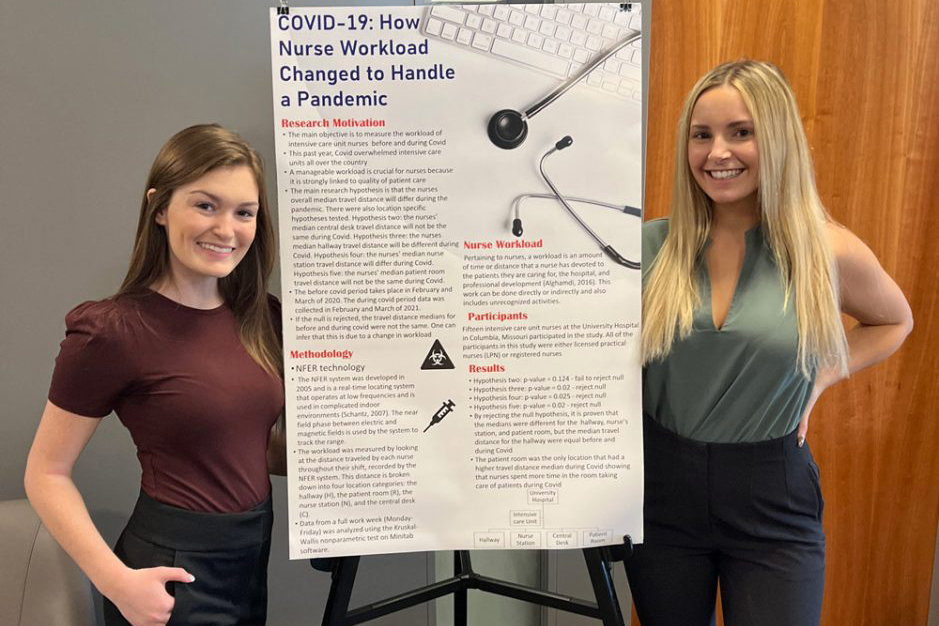
Research competition winners analyze nurses’ travel distance during COVID
Industrial and manufacturing systems engineering (IMSE) juniors Maggie Dimler and Reegan Spicer recently won the department’s inaugural IMSE Undergraduate Research Competition. Titled “COVID-19: How Nurse Workload Changed to Handle a Pandemic,” their research focused on the travel distance of intensive care unit (ICU) nurses at University Hospital.

Researcher developing sensors to measure hormone levels in water
Fidalgo has teamed up with USGS to use sensors to measure levels of testosterone in water.
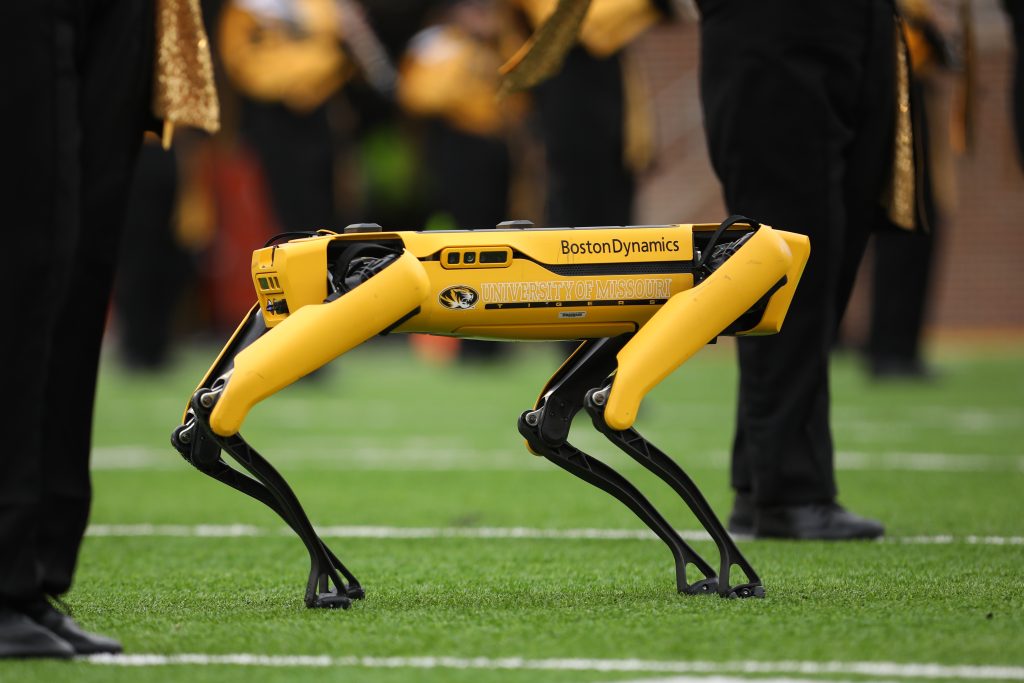
Robots, plastics and cows: Top 10 research stories of 2021
The top 10 stories of 2021 included robots, plastics and cows.
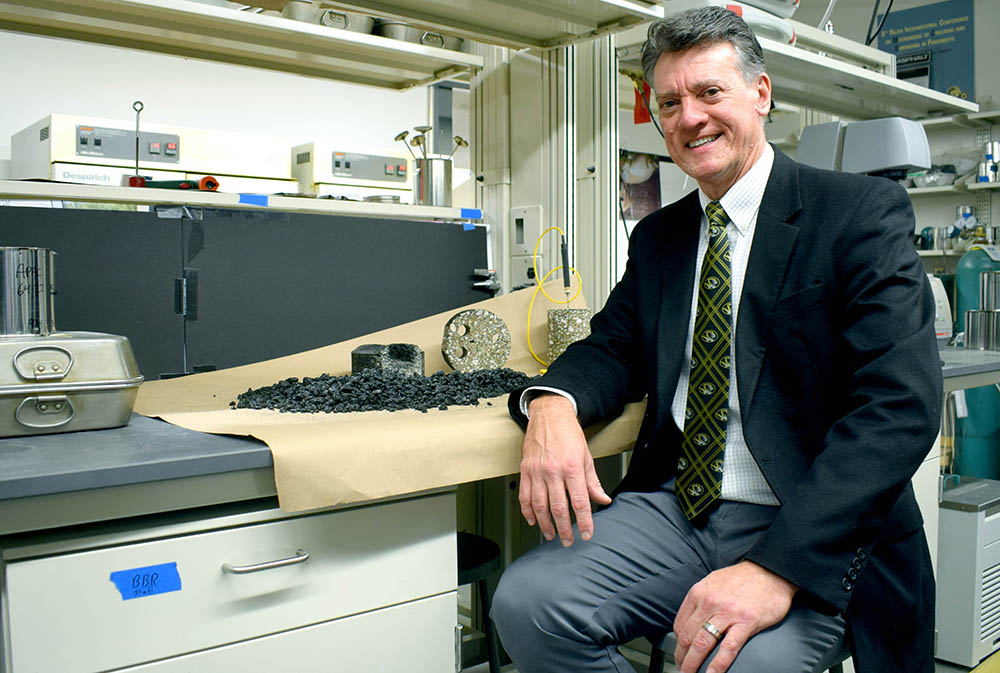
Buttlar furthers work to add plastic wastes to asphalt mixtures
Mizzou Engineering’s Bill Buttlar and partners from Dow are looking at ways to incorporate plastic waste streams into asphalt mixtures.
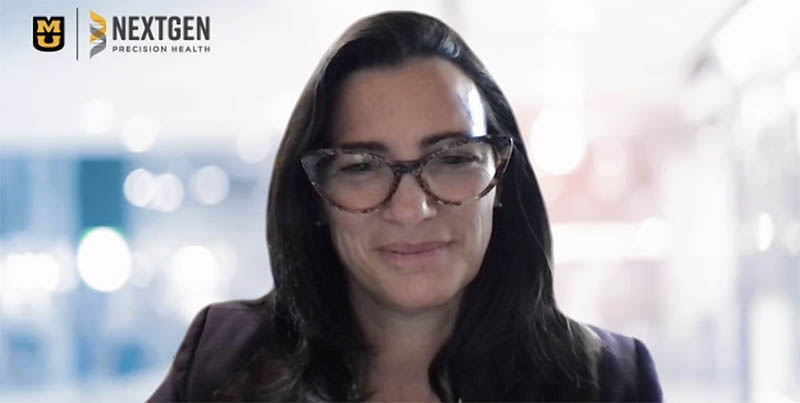
Guidoboni shares intersections of engineering, precision health
Associate Dean for Research Giovanna Guidoboni urged faculty across campus to partner with Mizzou Engineering as they seek to revolutionize health care.
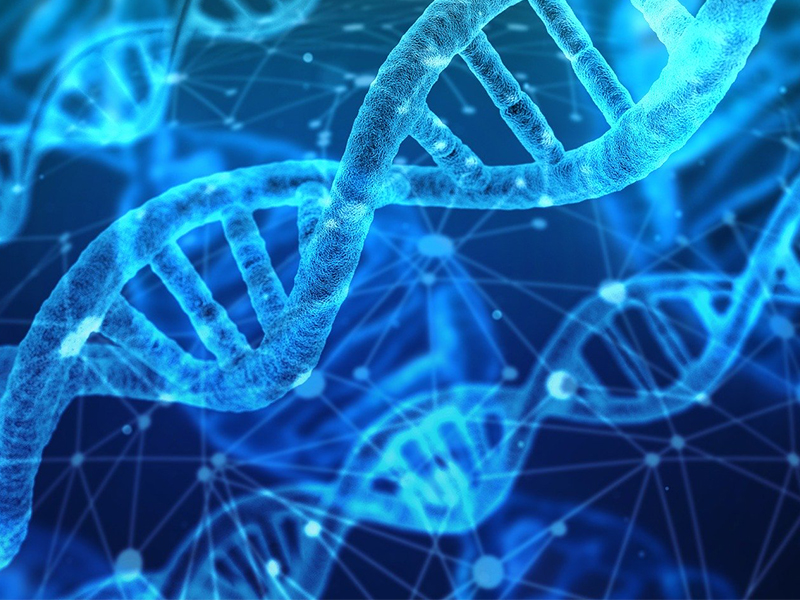
A faster ‘code breaker’ to analyze human DNA
Mizzou researchers are developing a free, online resource that could help scientists accelerate their discoveries for various human diseases.
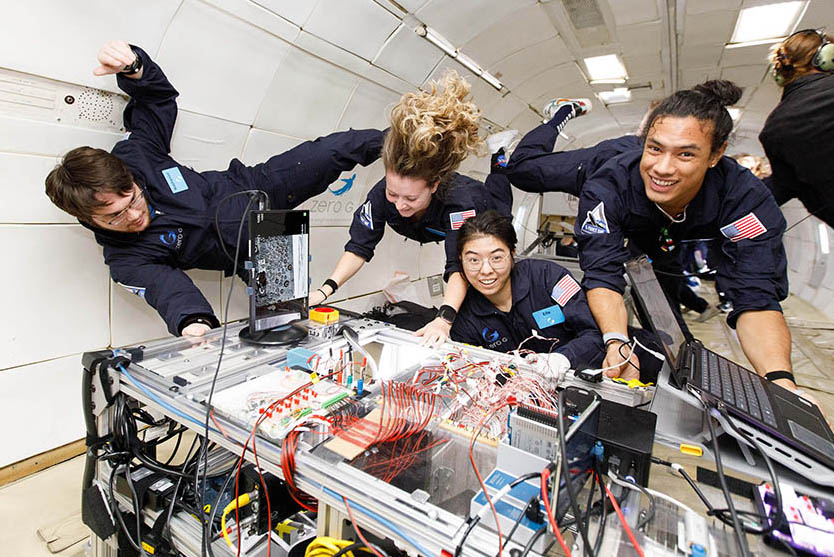
Breathtaking: Students describe working in zero gravity conditions
Mizzou Engineers describe zero-gravity conditions on board G-FORCE ONE.

Researcher to study ways to prevent gum formation in fuel
A Mizzou Engineer will study how nitrogen-rich molecules in fuel interact with the vessel fuel is stored in to see if surface chemistry causes gum formation.
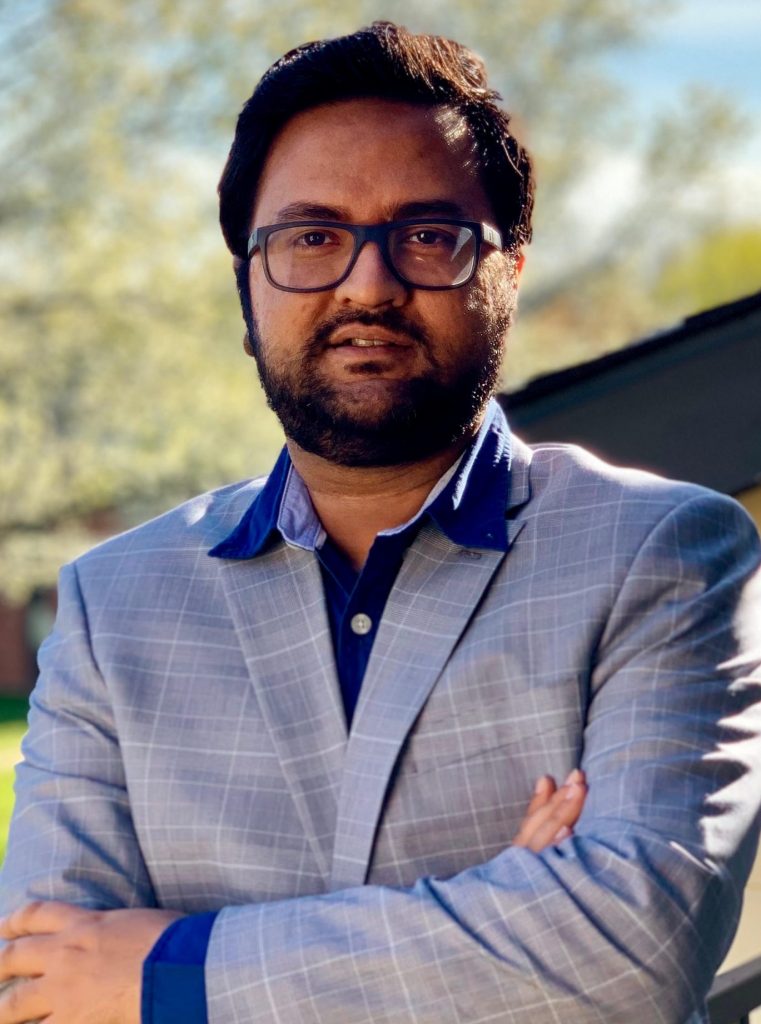
Approximate computing remains vulnerable to attacks; Mizzou Engineers to present findings at IEEE DATE conference
Companies relying on faster, less precise computing to gain energy efficiency still need to be cautious against cyberattacks, Mizzou Engineers have found.
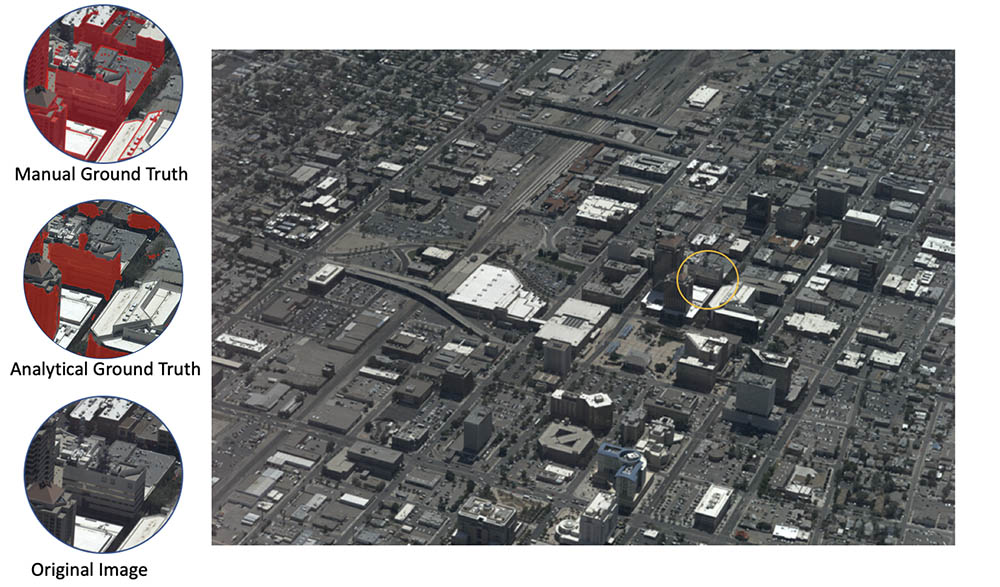
Team designs model to automatically detect shadows in aerial images
A Mizzou Engineering team has designed a physics-based model to automatically detect shadows in large-scale aerial images.